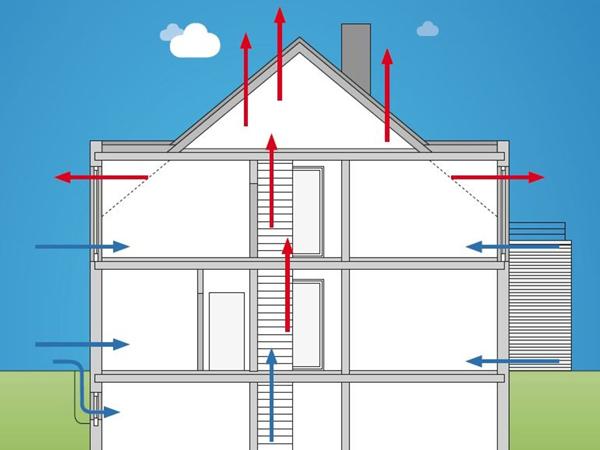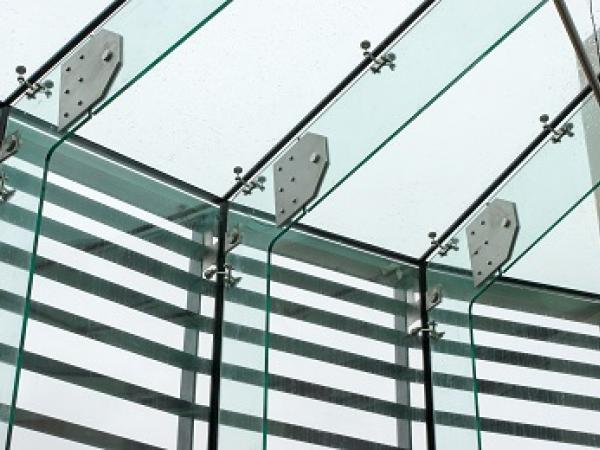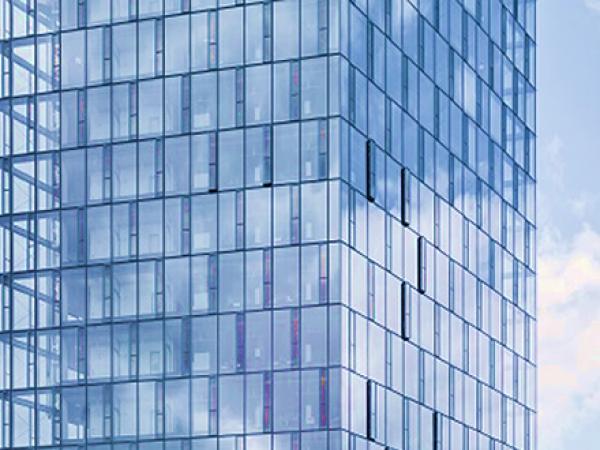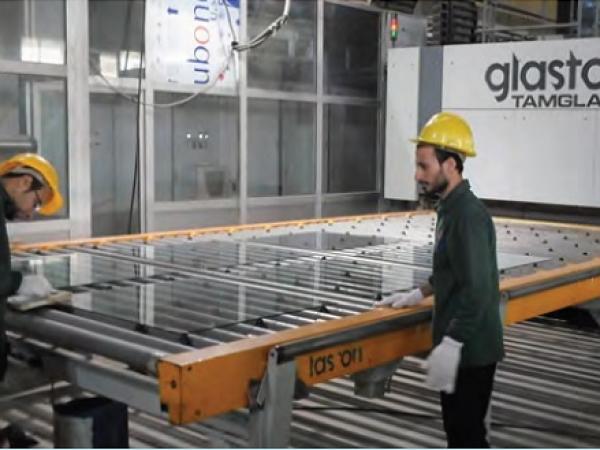Others also read
| The façade plays a major role in a building, as it is usually the largest coherent entity in a building.
| Low-e glass stands for low emissivity, whereas emissivity indicates the ability of a material to radiate energy.
| Digitalization is the essential next step in glass manufacturing. It’s founded on a high level of automation.
| glasstec generates important impulses: Good mood and solid investment climate
| Also, this edition confirmed glasstec as the main glass industry event. Check out the highlights from the show.
| Thanks to the committed involvement of architectural offices, university departments and industry associations, glasstec offers some unique added value: the special show: glass technology live!
| sedak GmbH & Co.KG, Germany, operates the largest insulating glass line in the world – about extraordinary glass processing and the role of LiSEC.
| LiSEC is the pioneer in terms of the development and production of production lines for large-scale insulating glasses – incl. interview with Hannes Spiss, facade engineer at Arup, Büro für Bautechnik (office for construction technology)
| The innovative FINSTRAL window wall system meets demanding requirements – constantly flexible, always individual
| Cost cutting, it is often said, is difficult in glass production and processing as this sector is characterised by manual processes.
| Since Oribay began with its Oritape production (commercial brand for its own adhesives), 92% of their customers have already chosen this alternative.
| Today’s functional buildings tend to have shapes that go much further than pure expediency, and glass is therefore used more and more frequently as a structural support element.
| Touchscreen displays, LED technology and ultra-thin glasses: The multifunctional diversity of glass in IT and architecture will, in the long term, lead to a combination of both.
| Modern, transparent and prestigious – large glass façades are very much in vogue for office complexes and industrial buildings.
| For the past five years, Nile Aluminium & Metals Company, or AluNile, has had very positive experiences with Glaston's first FC500™ tempering furnace sold outside Finland.
| Over half the world’s seven billion inhabitants live in cities, by the year 2050 the number will grow to almost ten billion. In order to avoid a climatic collapse in the metropolises, there is no other alternative to energy-efficient buildings.
| In just two and a half decades glass has very quickly made the transformation from simple window glass to an almost universally applicable material.
| Cities are eating up an increasing amount of heat and electricity. In order to reduce this consumption, buildings have to become increasingly efficient and integrate more renewable energies.
| The crisis of the photovoltaic industry is drawing to a close. While it is true demand for solar modules is dropping in Europe, demand in many other regions is rising rapidly.
| Although the costs for solar power have come down considerably lately, photovoltaics are still unable to compete with conventional energy sources.
| Thanks to on-going research and development efforts glass products can take on ever new functions.
| Finding ways to improve energy efficiency is one of the greatest challenges facing contemporary architecture.

























